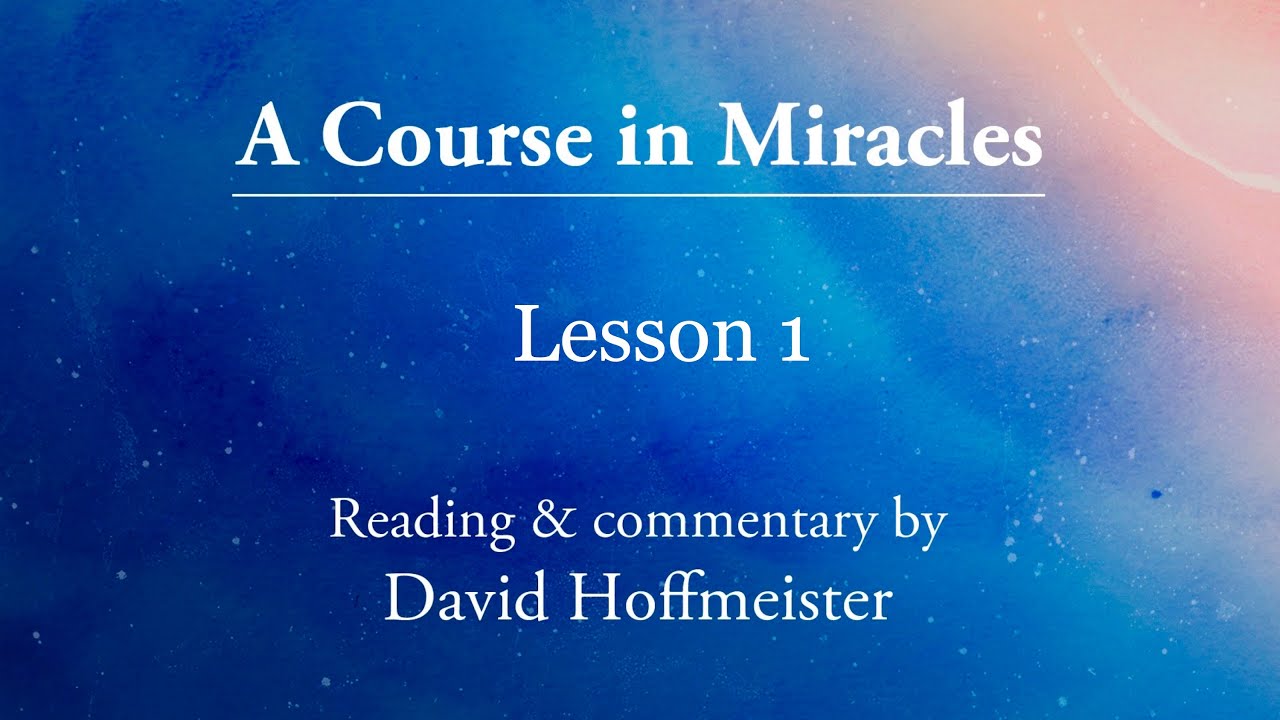Books have always held a special place in the hearts and minds of individuals throughout history. They are more than just words on paper; they are gateways to knowledge, imagination, and discovery. In a rapidly evolving digital age, a course in miracles remain steadfast as treasures of wisdom and entertainment.
Books are like a time capsule of human wisdom and creativity. From ancient scrolls to modern e-books, they encapsulate the collective knowledge and creativity of generations. The information contained within books spans diverse fields, from science and technology to philosophy and the arts. They allow us to tap into the insights and experiences of experts and visionaries from every corner of the world.
Books are the fuel that ignites the fires of imagination. They transport us to far-off lands, introduce us to intriguing characters, and immerse us in captivating narratives. Whether it’s through the adventures of Harry Potter, the philosophical musings of Albert Camus, or the scientific wonders of Stephen Hawking, books have the power to inspire, challenge, and transform our thinking.
Books possess the remarkable ability to change lives. A single book can provide the knowledge and motivation needed to pursue a new career, overcome adversity, or simply find solace in challenging times. They offer insights into the human condition, enabling us to better understand ourselves and others. Nelson Mandela’s autobiography, “Long Walk to Freedom,” is just one example of a book that has inspired change on a global scale.
For bibliophiles, books are more than just a source of information; they are objects of affection. The smell of well-worn pages, the weight of a hardcover in hand, and the aesthetic appeal of a beautifully designed cover all contribute to the sensory experience of reading. Collecting books becomes a lifelong passion for many, with shelves and libraries turning into personal museums of knowledge.

